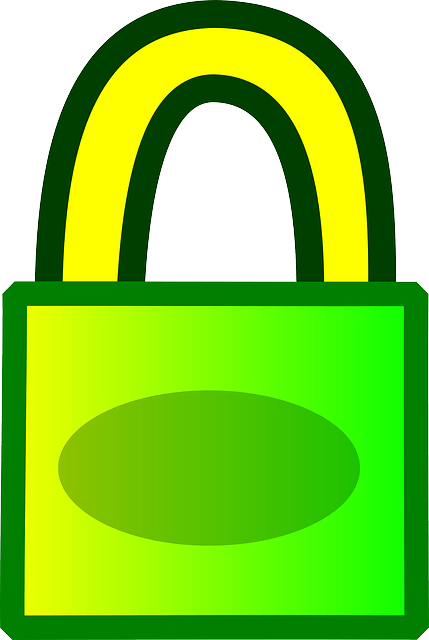Promoting your business online is a great idea, but did you know that it can come with some security risks? Even something as simple as storing business-related files on your computer can be somewhat risky.
Unfortunately, any device that connects to the Internet is susceptible to cyberattacks.
Not only can the personal information of you and your employees become compromised, but so can that of your customers. Data breaches can be devastating for the reputation of any company, so it’s important to take the necessary steps to prevent this from occurring.
Fortunately, preventative measures are rather simple and many of them won’t cost you a dime.
Here are a few tips on how you can keep your business safe online.
Keep Your Business Safe Online with Security Software
One of the main things that can help keep your business safe online is security software. It’ll actually help protect all of your data, so not only will your business be protected, but so will you.
Start with a good anti-virus program, such as Panda, Avast, or Malwarebytes.
You can find free anti-virus software from all of those companies, but because there’s a lot at stake if your business’ data becomes compromised, it might be a wise idea to subscribe to a monthly plan.
Paid versions offer additional protection and features that can come in handy.
Whichever you choose, remember to complete a full virus scan at least once a month. Other than an anti-virus program, consider using a Virtual Private Network (VPN) for the prevention of malware and hackers.
Using a VPN is the easiest and most affordable way to keep your connection secure from any location.
When you use an unsecured network, such as public WiFi, you’re leaving your data at risk. If you’re using a VPN, there’s no need to worry.
VPNs encrypt your Internet connection and hide your IP address.
This not only will allow you to work online from anywhere in the world, but it will also make your online experience more anonymous.
Check Passwords
It’s likely you use a fair amount of passwords having a business, not only for your online accounts, but to lock your devices as well. Each of your passwords should be at least eight characters long, contain uppercase and lowercase letters, numbers, and special characters.
Avoid using any words or titles that are related to your business in any way. You’ll want to create passwords that are going to be hard to guess!
Even though it may be hard to remember a ton of passwords, it’s especially important to avoid re-using them for multiple accounts. It’s a good idea to change them every once in a while.
Tools, such as LastPass, will keep your passwords safe and change them periodically so you don’t have to remember them or change them.
Backup Important Data
It’s impossible to be entirely immune from cyberattacks. Though you aren’t as likely to encounter them when taking the proper security measures, there’s always still a slight chance that a hacker or some malware can slip through the cracks somewhere. Because of this, it’s very important to keep backups of all of your files so you can recover them later on.
To do this, you can transfer your files to an external hard drive, thumb drive or SD card. There’s also the option of storing them on an online storage service, such as Dropbox.
In any case, it’s best to keep at least three copies of your backup and store them on more than one device.
You should also backup your business’ website on a regular basis. Check your web host’s site for instructions.
Train Your Employees
When using the Internet at work or even having online support available for your customers, it’s crucial you train your employees about security.
For starters, they should never write down any of your customers’ personal information, even when taken over the phone. It’s also important for them to know what’s appropriate to share about your company and what isn’t.
As for accounts, each employee should have their own personal login that you can easily deactivate if they leave. This will prevent foul play from any upset employees who may have been terminated.
What are you currently doing to keep your business safe online? Share your tips in the comments.
image credit: Pixabay
